 Early Show)
Early Show)1 life
2 color me true
3 it won't be long
4 are you ready
5 dance to the music
6 m'lady

Early Show Tracks: 6 / Total Time: 39:46
(
(
Late Show Tracks: 9 / Total Time: 53:31
(Late Show)
7 m'lady
8 life
9 are you ready
10 it won't be long
11 color me true
12 dance to the music
13 love city
14 turn me loose
15 outro
Fillmore East - - October 5, 1968
7 m'lady
8 life
9 are you ready
10 it won't be long
11 color me true
12 dance to the music
13 love city
14 turn me loose
15 outro
Fillmore East - - October 5, 1968

On Stage

4 &5 october 1968 Fillmore East Poster
Sly & the Family Stone is an American funk, soul and rock band from San Francisco, California. Originally active from 1966 to 1983, the band was pivotal in the development of soul, funk, and psychedelic music. Headed by singer, songwriter, record producer, and multi-instrumentalist Sly Stone, and containing several of his family members and friends, the band was the first major American rock band to have an integrated lineup in both race and gender.
Brothers Sly and singer/guitarist Freddie Stone combined their bands (Sly & the Stoners and Freddie & the Stone Souls) at the end of 1966. Sly and Freddie Stone, trumpeter Cynthia Robinson, drummer Gregg Errico, saxophonist Jerry Martini, and bassist Larry Graham completed the original lineup;
Sly & the Family Stone is an American funk, soul and rock band from San Francisco, California. Originally active from 1966 to 1983, the band was pivotal in the development of soul, funk, and psychedelic music. Headed by singer, songwriter, record producer, and multi-instrumentalist Sly Stone, and containing several of his family members and friends, the band was the first major American rock band to have an integrated lineup in both race and gender.
Brothers Sly and singer/guitarist Freddie Stone combined their bands (Sly & the Stoners and Freddie & the Stone Souls) at the end of 1966. Sly and Freddie Stone, trumpeter Cynthia Robinson, drummer Gregg Errico, saxophonist Jerry Martini, and bassist Larry Graham completed the original lineup;
Sly and Freddie's sister, singer/keyboardist Rose Stone, joined within a year. This collective recorded five Top 10 hits and four groundbreaking albums, which greatly influenced the sound of American pop music, soul, R&B, funk, and hip hop music. In the preface of his 1998 book For the Record: Sly and the Family Stone: An Oral History, Joel Selvin sums up the importance of Sly & the Family Stone's influence on African American music by stating "there are two types of black music: black music before Sly Stone, and black music after Sly Stone".
The band was inducted into the Rock and Roll Hall of Fame in 1993.
During the early 1970s, the band switched to a grittier funk sound, which was as influential on the music industry as their earlier work. The band began to fall apart during this period because of drug abuse and ego clashes; consequently, the fortunes and reliability of the band deteriorated, leading to its dissolution in 1975 .
During the early 1970s, the band switched to a grittier funk sound, which was as influential on the music industry as their earlier work. The band began to fall apart during this period because of drug abuse and ego clashes; consequently, the fortunes and reliability of the band deteriorated, leading to its dissolution in 1975 .
Sly Stone continued to record albums and tour with a new rotating lineup under the "Sly & the Family Stone" name from 1975 to 1983. In 1987, Sly Stone was arrested and sentenced for cocaine use, after which he went into effective retirement .
As of 2008, Sly & the Family Stone had reunited for a series of shows beginning with several dates at the House of Blues in Anaheim and West Hollywood California.

Sly Stone - keyboards, guitar, harmonica, lead vocals
Freddie Stone - guitar, vocals
Rose Stone - keyboards, vocals
Larry Graham - bass, vocals
Gregg Errico - drums
Cynthia Robinson - trumpet, vocals, percussion
Jerry Martini - saxophone, percussion

Fillmore East 69 05 11
These performances were recorded weeks after the release of Sly and the Family Stone's second album, Life, but just before the "Everyday People" single would vault the band to international recognition and incredible commercial success. The influence Sly and the Family Stone would soon have on the American music scene cannot be underestimated. It’s safe to say they were a major force in the development of 1960s era funk and soul, but they would have equal influence on the likes of other musicians, including jazz great Miles Davis and rock guitar giant, Jimi Hendrix. The multicultural personnel of the band, as well as the inclusion of both men and women in the group, were virtually unheard of in the 1960s. The fact that these multicultural elements would blend so perfectly had far-reaching effects on both audiences and the music industry itself.
ABC Tv show 'Music Scene' taped in 1969
SLY & THE FAMILY STONE - Thank You (1970)
The outstanding arrangements and the deep grooves that Sly and the Family Stone achieved in 1968 must have caught the attention of many a producer. The group's instrumental sound is echoed in many recordings that became hits the following year. This Fillmore East show captures the group at a pivotal time in the history both of American music, and of its culture in general. (http://concerts.wolfgangsvault.com/)
SLY & THE FAMILY STONE - October 5, 1968 - Live At Fillmore East New York City




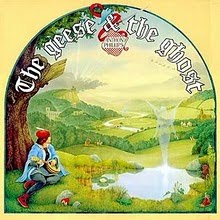



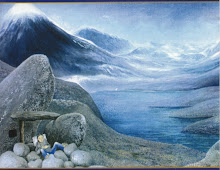

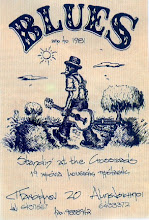


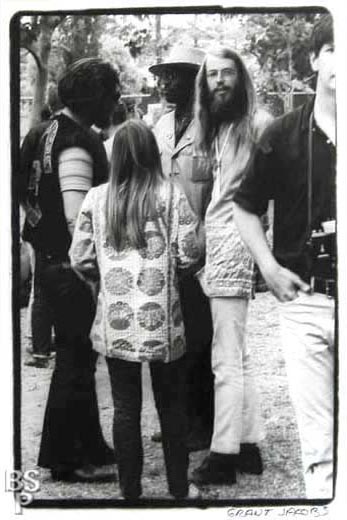
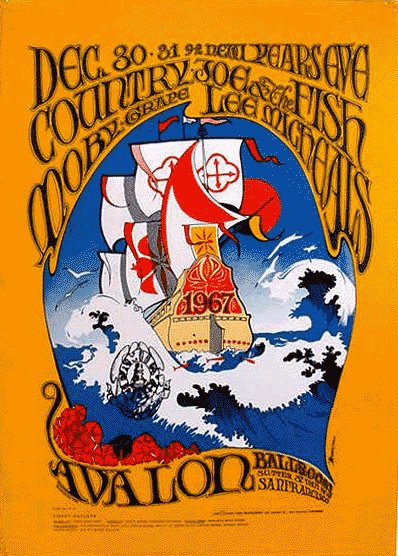
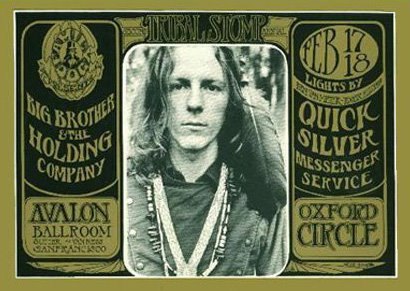
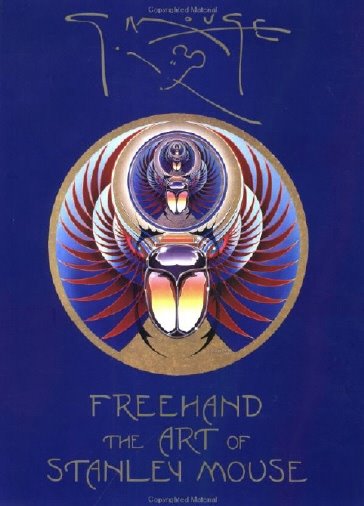.jpg)

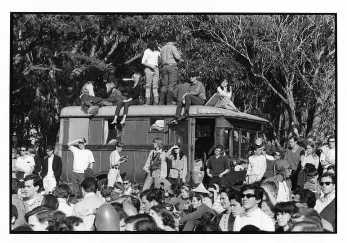




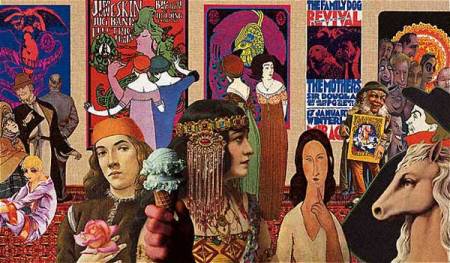.jpg)
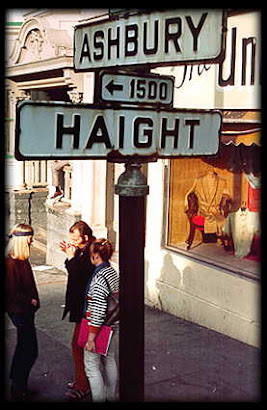
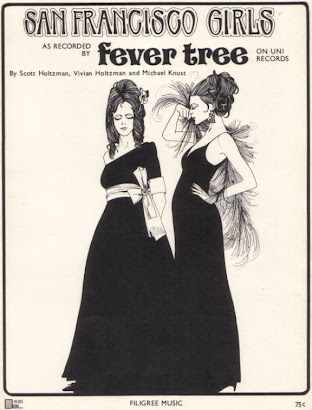
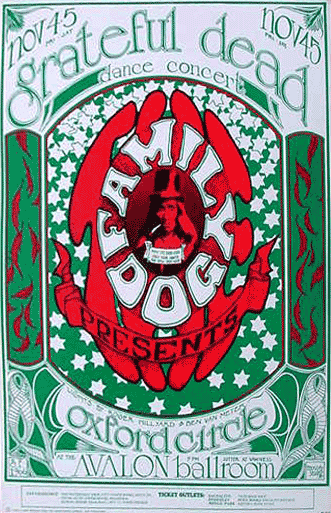
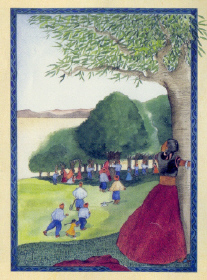
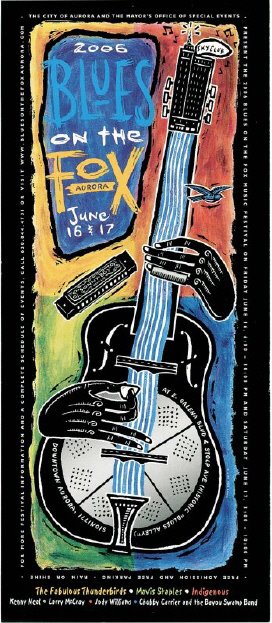


























































































+-+cover.png)














.jpg)
































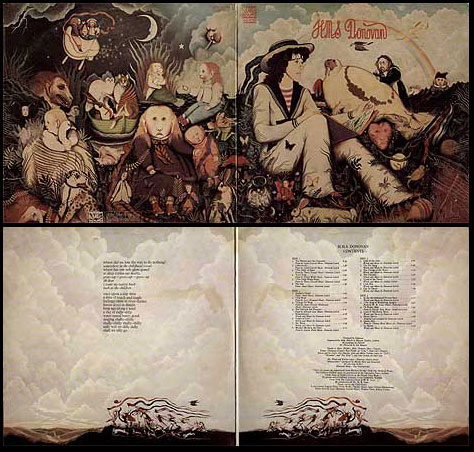


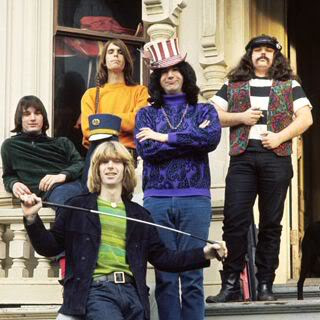



















































.jpg)








0 σχόλια:
Δημοσίευση σχολίου